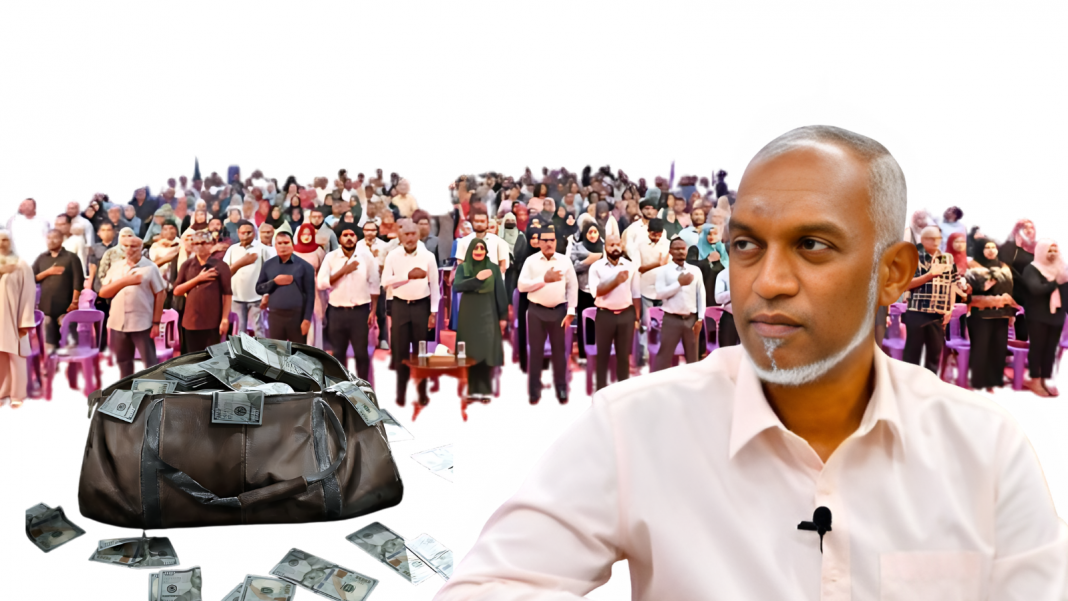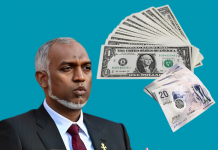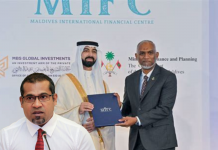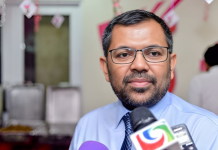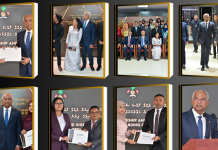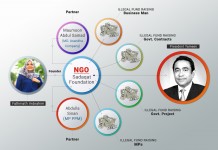As the Maldives faces its worst economic crisis in recent years, shocking revelations have surfaced: President Muizzu has been secretly distributing massive cash handouts to ruling People’s National Congress (PNC) MPs. Since May 2024, each MP has reportedly received MVR 50,000 per month “on behalf of the President”—a figure that inexplicably rose to MVR 75,000 this month.
This troubling development raises urgent questions about the President’s intentions, the source of this money, and the price of loyalty in a country already sinking into financial despair.
Why Are MPs Being Paid Extra?
MPs already receive a substantial monthly salary of MVR 82,500, including allowances. So why is the President giving them additional money? Is this a desperate attempt to buy their loyalty, or does he not trust his own party members? These questions expose the fragility of political unity within the government, raising fears that President Muizzu may be resorting to secret financial deals to maintain control.
The timing of these payments could not be worse. As ordinary citizens struggle with rising living costs and job losses, the elite appear to be rewarded with questionable payments. What message does this send to Maldivians enduring hardship as the economy teeters on the brink of collapse?
Caught on Camera: The Secret Payments
Adhadhu’s investigative team uncovered solid evidence of these handouts. Last Sunday, several PNC MPs were caught on video entering the party office, where they reportedly received their payments. Dhuvaafaru MP Mohamed Ali was seen leaving President Muizzu’s private residence, Maafannu Dhimyaath, carrying a black bag, which he later delivered to the PNC office. While the contents of the bag remain unconfirmed, the symbolism of this exchange is undeniable: power, money, and secrecy. Attempts to contact MP Mohamed Ali for clarification were met with silence. The refusal to explain why these payments are being made deepens the suspicion surrounding the President’s motives.
How Much is Being Paid?
Over the last three months, President Muizzu has distributed MVR 50,000 monthly to 75 PNC MPs, costing a staggering MVR 3.75 million each month. This month, the amount increased to MVR 75,000, bringing the monthly total to MVR 5.6 million. This financial burden is inexplicable, especially given the country’s dire economic situation.
In addition to payments to MPs, senior PNC officials confirm that individuals in key party positions are also receiving money, with the total sum estimated at MVR 6 million. The source of these funds remains unknown. The President’s official salary is only MVR 100,000 a month, making it impossible for these payments to come from personal finances.
Maldives Drowning in Economic Crisis
What makes this scandal even more infuriating is the fact that the Maldives is in the grips of a deep economic crisis. The country is struggling with ballooning debt, rising inflation, and increasing unemployment. Ordinary citizens are being forced to make difficult choices between basic needs, while the government doles out millions in questionable payments to its MPs.
President Muizzu’s administration has called on the public to tighten their belts, but these secret handouts to MPs show a complete disregard for the suffering of Maldivians. In a time of national crisis, leadership should focus on lifting the country out of this economic mess—not enriching political allies behind closed doors.
The Real Cost: Democracy for Sale
The President’s secret payments reveal a more disturbing issue: the erosion of democratic values. If MPs are being paid to remain loyal, then governance is no longer about serving the people—it is about securing political power through financial incentives. This situation raises serious concerns about the integrity of the government and the future of democracy in the Maldives. If loyalty can be bought, how can decisions made in Parliament reflect the interests of the public?
Government’s Threats Against the Media
Instead of addressing these concerns, the Muizzu government has reacted by threatening legal action against Adhadhu for exposing the cash handouts. President’s Office Spokesperson Heena Waleed accused Adhadhu of spreading “false news” and announced plans to report the matter to the authorities. This is a blatant attempt to silence the press and prevent the truth from reaching the public.
Threats against the media only add to the suspicion surrounding the President’s financial dealings. In a democracy, the media plays a crucial role in holding those in power accountable. The public has the right to know where these funds are coming from and why political loyalty is being bought with secret cash handouts. The questions are simple: Where is the money coming from? Why are MPs being paid on top of their already high salaries? Is loyalty being bought in the halls of power while the country sinks deeper into economic ruin?

